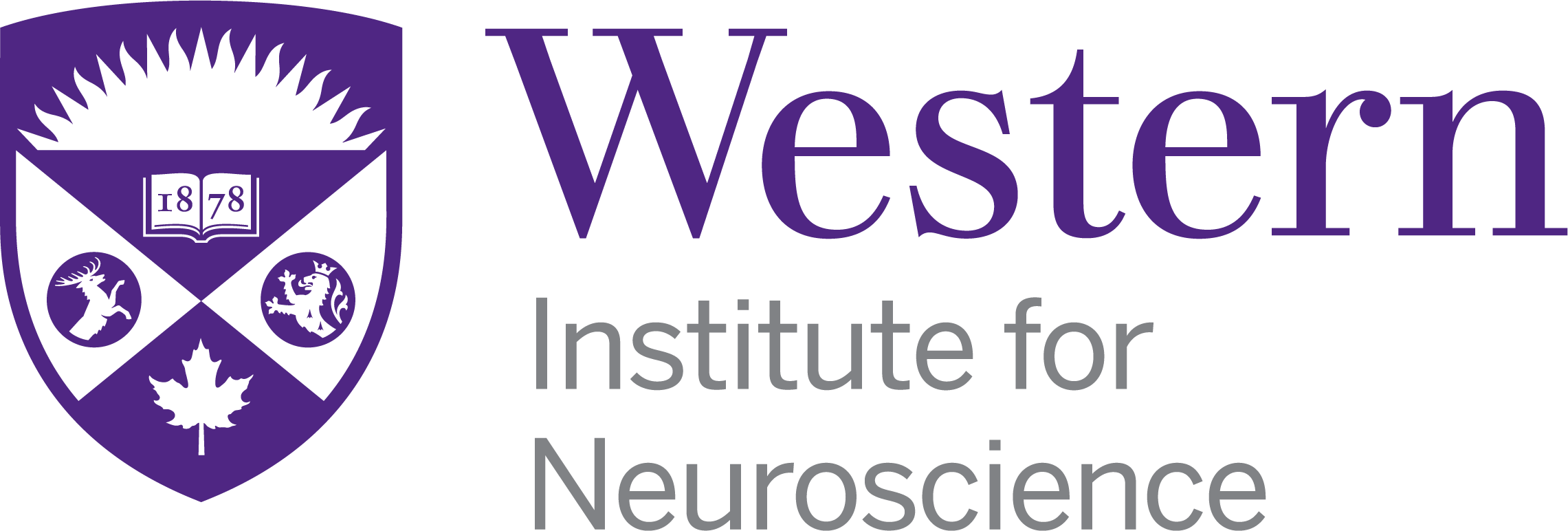A novel mistranslating tRNA model in Drosophila melanogaster has diverse, sexually dimorphic effects
Document Type
Article
Publication Date
5-6-2022
Journal
G3 (Bethesda, Md.)
Volume
12
Issue
5
URL with Digital Object Identifier
10.1093/g3journal/jkac035
Abstract
Transfer RNAs (tRNAs) are the adaptor molecules required for reading the genetic code and producing proteins. Transfer RNA variants can lead to genome-wide mistranslation, the misincorporation of amino acids not specified by the standard genetic code into nascent proteins. While genome sequencing has identified putative mistranslating transfer RNA variants in human populations, little is known regarding how mistranslation affects multicellular organisms. Here, we create a multicellular model of mistranslation by integrating a serine transfer RNA variant that mistranslates serine for proline (tRNAUGG,G26ASer) into the Drosophila melanogaster genome. We confirm mistranslation via mass spectrometry and find that tRNAUGG,G26ASer misincorporates serine for proline at a frequency of ∼0.6% per codon. tRNAUGG,G26ASer extends development time and decreases the number of flies that reach adulthood. While both sexes of adult flies containing tRNAUGG,G26ASer present with morphological deformities and poor climbing performance, these effects are more pronounced in female flies and the impact on climbing performance is exacerbated by age. This model will enable studies into the synergistic effects of mistranslating transfer RNA variants and disease-causing alleles.



